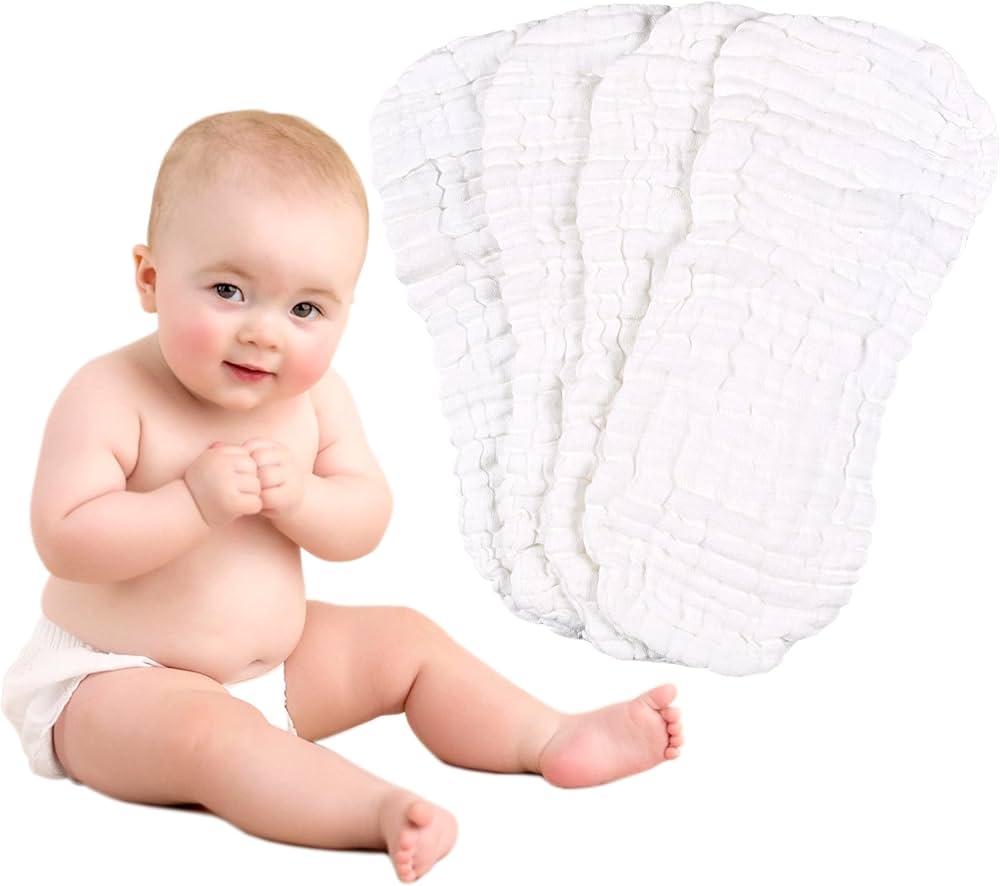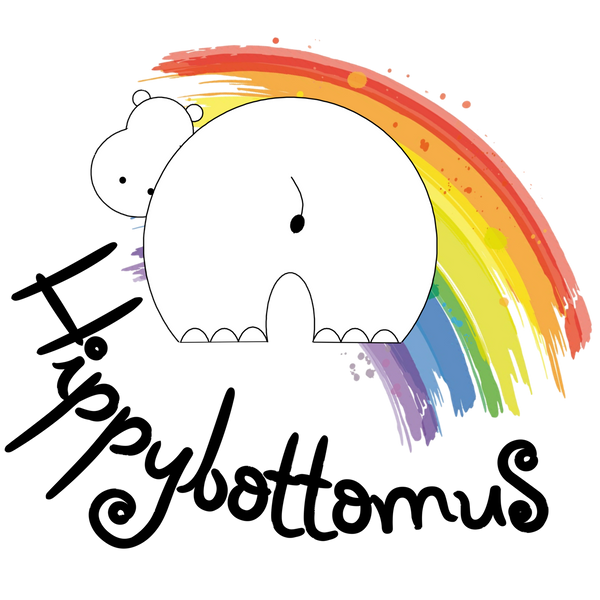
All You Need To know About Cloth Nappy Liners
Share
Modern parents are becoming more and more aware of their environmental impact, which is leading to green parenting becoming more popular, including the use of reusable baby products such as cloth nappies or diapers. With this revival of the use of cloth nappies by parents, comes the need for additional products that complement or assist in using them. There is one accessory that is very useful for cloth nappy use and that is the cloth nappy liner. In this detailed guide, you will learn all about cloth nappy liners, including what they are, the way they function and the advantages of their usage in detail. Plus, we will include some guidelines on how to choose the right ones.
Understanding Cloth Nappy Liners
Cloth Nappy Liners are a thin layer used between the baby’s bottom and the cloth nappy. They are usually a biodegradable paper, but can also be made of a reusable fabric. The main function is to contain the solid wastes so that disposing and washing of the nappy can be easily done. They can be of bamboo fiber, cotton fiber, or can even be made of flushable fiber like viscose fiber or cellulose fiber or 100% bamboo, such is the case with our biodegradable cloth nappy liners.
Kinds of Cloth Nappy Liners
- Biodegradable Disposable Liners: These are designed in such a way that after use, they are disposed of, and a new one needs to be used for the next nappy. Ideally they would be composted, but they are also normally flushable. They generally utilise substances that degrade fast and it has been proven that the use of biodegradable nappy liners in conjunction with cloth nappies has a lesser overall environmental influence in contrast to disposable diapers.
- Reusable Liners: These are made from fabrics such as bamboo or microfleece and these are washable and reusable products. They are cheaper in the long run, but not as convenient as your biodegradable disposable option.
The layout of Cloth Nappy Liners
Cloth nappy liners serve several essential functions:
- Moisture Wicking: They are able to keep the baby skin dry by pulling the moisture away from the skin and hence not easily developing diaper rash.
- Solid Waste Management: Liners collect the solid waste, making it easier to get rid of this waste. With any nappy, be it disposable or reusable, parents are supposed to remove solid waste, so that it does not create toxic landfill….or in the case of a cloth nappy so that it doesn’t clog the washing machine.
- Protecting Cloth Nappies: Nappy liners help avoid staining and smelling the cloth nappy. They help in ensuring that the cloth nappy itself is not easily damaged and they help in retaining the absorbent property of the nappy for longer periods.
Pros of Using Cloth Nappy Liners
Environmental Benefits
- Reduced Waste: Through using cloth nappy liners with cloth nappies, as opposed to disposable or biodegradable nappies parents are able to cut down the quantity of diapers that are buried in landfill.
- Biodegradability: Most of the cloth nappy liners are degradable or eco-friendly and can be composted thus ending their harm to the environment.
Cost Savings
- Reusable Options: Selecting reusable liners consequently will mean enormous costs will be saved over the long term rather than having to buy disposable liners repeatedly. However, even if biodegradable nappy liners are used with cloth nappies parents will save between $3000-$4000 per child compared to disposable nappies.
Health Benefits
- Reduced Chemical Exposure: Additionally, cloth nappy liner have usually not had chemicals and additives that may be present in disposable diapers.
Making the Right Options When It Comes to Cloth Nappy Liners
Factors to Consider
- Material: Choose the material depending on your baby’s skin tolerance and your ideological vision of sustainability.
- Disposable vs. Reusable: Choose whether it is better for you to buy biodegradable liners with every usage or use liners that are reusable. The biodegradable ones are more convenient, but in the long run will cost you more money.
- Fit and Size: Make sure that they fit well on top of the cloth nappy so as not to leak and as comfortable as possible.
- Function: Select liners that provide reasonable functions of wicking away moisture and being gentle on the skin to ensure the baby is not uncomfortable.
Tips to Get the Best of Cloth Nappy Liners
- Proper Disposal: In the case of disposable liners, ensure that you dispose of them by following the manufactures’ recommended measures in a bid to protect the environment. Usually this will mean ideally composting them. Or if this is not possible flushing them in the toilet.
- Washing Reusable Liners: Reusable liners should also be washed in a specific manner so that they sustain their absorbency and durability as recommended by the specific maker.
- Storage: Store your liners properly both when they are clean and used (in the case of reusables), to maintain order and hygiene.
- Monitor Skin Sensitivity: Make sure you pay close attention to your baby’s skin to know if he or she is comfortable and if the liners are posing any harm to him or her.
Some of the Myths That People Have when It Comes to Cloth Nappy Liners
They're Inconvenient: Parents discover that, although they may take a little getting used to at first, cloth nappies with biodegradable or cloth nappy liner are as easy to use as disposables once you get into the correct washing routine.
They're Less Hygienic: When properly used, cloth nappies with disposable or cloth nappy liners are as safe as, if not safer than disposable, because they have little to no chemicals and additives.
They're Expensive: Of course, the initial cost of cloth nappies and liners is higher but when you consider the long run it is substantially lower, saving you between $3000-$4000 per child.
Cloth Nappies with Biodegradable or Cloth Nappy Liners and The Future
As the consciousness of environmental problems continues to rise, the ideas of sustainable parenting like cloth diapering will also continue to grow and grow in popularity. Future improvements in the materials and designs have the potential of making cloth nappies with biodegradable or cloth nappy liners even more effective and environmentally friendly, making them ideal for usage by families that are conscious of environmental impacts globally.
Conclusion
When it comes to diapering, reusable options used in conjunction with or without disposable or cloth nappy liners are an important aspect of parenting in an eco-friendly way. When used with liners reusable nappies are super convenient and extremely cost-effective, as well as being environmentally friendly and adding to your baby’s comfort and health. If we want to consider a child’s future health and the planet, choosing clothes helps in achieve a cleaner and healthier future.
Reusable nappies with biodegradable or Cloth nappy liners might take a little getting used to when used as part of your diapering, but the effect is worth it in both the short-term and long run. When beginning your transition to better ways of parenting, cloth nappies can be seen as one of those minor yet effective solutions to helping you protect the planet and your child.
